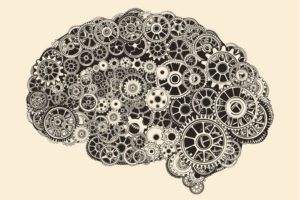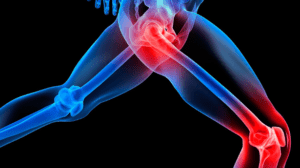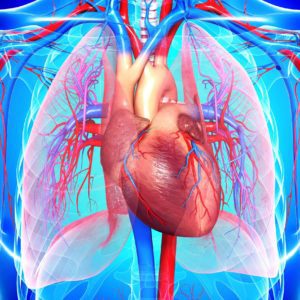
The places in the world where people live the longest known as the ‘blue zones’.all have different diets but with one very simple thing in common. They all take a small number of calories from protein, meaning that they don’t eat very much of it.
‘Consuming sufficient protein is essential to power your body and build muscle. Most of the western world comsume far too much protein, particuarly animal protein. Cheap corn, other grains and soy beans that are fed to industrial farmed animals, poultry and even fish has made these sources of protein very inexpensive. Over consuming and then having to metabolize large amounts of protein into sugar (gluconeogenesis) is associated with:
- Higher blood sugar levels
- Obesity
- Shorter life span.
Moreover, certain amino acids in animal protein (methionine, leucine and isoleucine) seem to be real culprits for promoting:
- Rapid ageing
- Cancer growth.
So how much protein do we actually need?
To make it really easy, both Valter Longo of The Longevity Institute of the University of SouthernCaliforniaand Dr Steven R, Gundry agree that people only require .37g of protein per kilogram of body weight.
Breakdown:
150lbs man : approx 25g daily
125lbs woman : approx 21g daily
Examples of daily recommended intake:
- 2 1/2 whole eggs
- 55g- 85g of chicken or fish
- 85g can of tuna
- 104g sardines
- 113g can of crabmeat
‘If you want to be a real protein calculating purist, you could eliminate another half of the already low protein recommendation because you are recycling your own protein daily.’
Also not having mentioned our vegetables that we tend to consume with our meals. Just to give you an idea:
- Half a cup of steamed cauliflouwer=1g protein
- Medium baked sweet potato=2g
- One artichoke=4g
PROTEIN ADDS UP QUICKLY!
‘Eating meat makas you as fat as eating sugar does’ – Dr Steven Gundry
Two recent human studies have hammered the final nail in the animal protein coffin, a fact already established in animal studies. Both studies conclude that meat comsumption contributes to the current epademic of obesity as much as, if not more than, our staggeringly high consumption of sugar does. Luckily, no such strong association was found with fish or shelfish consumption. Try some wild salmon or shrimp.’
For more indepth information, see The Plant Paradox By Steven R. Gundry.






